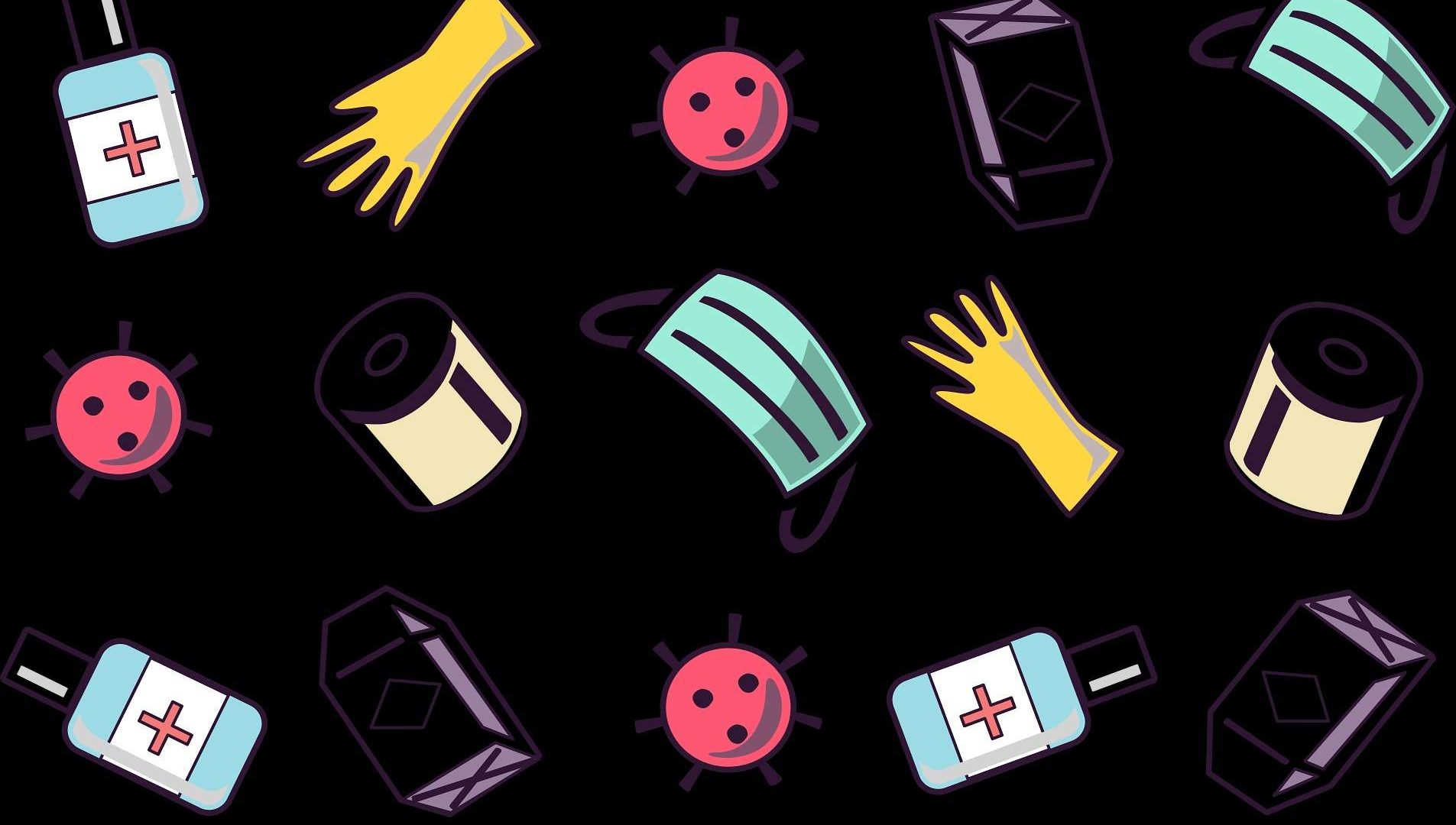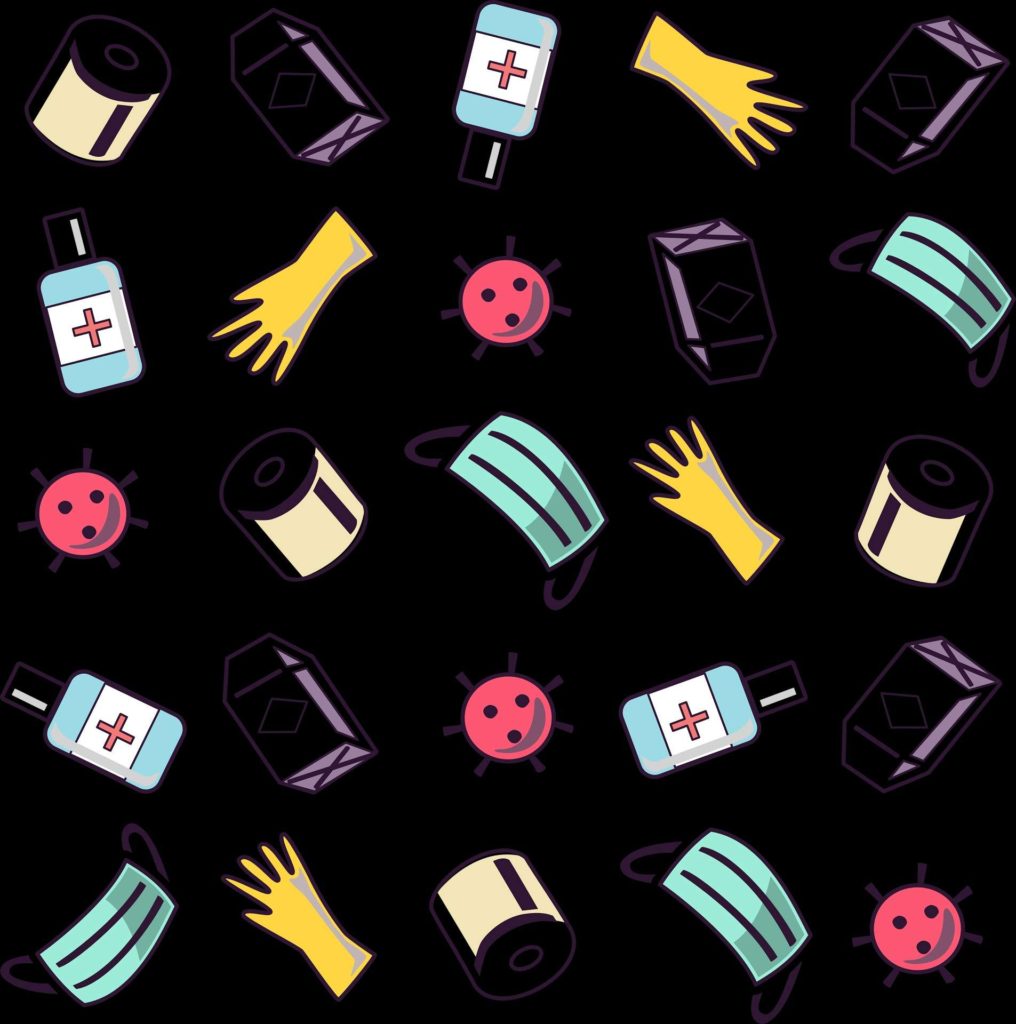Mental Health Lessons Must Outlive the Pandemic
Mental health issues were here before the pandemic and will be here when the pandemic is gone.
COVID-19 has taken a widespread toll on mental health. The danger of contracting coronavirus has caused a worldwide panic that has made it challenging to cope. The need to exercise self care is on the rise, more than ever before. Accordingly, mental health has become a popular topic of conversation throughout the pandemic, and we need to make sure that it stays that way after COVID-19.
Mental health issues are common in the legal industry, and attorneys are notoriously hesitant when it comes to discussing them and asking for help. The pandemic has opened the door for many attorneys in this regard; I’ve noticed more people in the industry speaking up and offering advice. Admittedly, I find myself concerned about this newfound honesty coming to a halt when the world is no longer facing an emergency together. When temporary circumstances give rise to increased discussion about mental health, the need for open discourse remains permanent. Coping with stress and mental health is crucial, pandemic or not. While mental health issues – and the awareness thereof – have heightened during the pandemic, they were present prior to the pandemic and won’t miraculously disappear after the pandemic.
It’s easy to focus on the negative aspects of a global emergency causing so many people to struggle with their mental health. That doesn’t mean that we can’t take the negativity and channel it towards spreading a positive, helpful message. In the past, I never imagined hearing public figures placing emphasis on mental health without any sign of stigmatizing undertones. Here in New York, Governor Cuomo highlighted mental health frequently during press briefings, including featuring the “how are you really” challenge, advising people to discuss their wellbeing in depth and honestly, as opposed to the typical “I’m fine, how are you” type of dialogue to which many are accustomed. Additionally, Governor Cuomo implemented a program where front line medical professionals could seek help in relation to mental health for free. This stands out to me since medical professionals regularly face similar issues to attorneys when it comes to feeling comfortable seeking mental help without jeopardizing their careers. Instead, professionals are encouraged to get the help they may need without fear of judgment. We must make sure this mentality is not temporary.
I’ve had many discussions with attorneys who have expressed that while they know that help is available, they feel they “can’t” seek said help for fear of their peers and/or clients finding out. This notion that seeking help to promote mental wellness is a dirty secret is problematic and I won’t be sorry to see it go. Feeling the need to maintain a stress-free, “perfect” image does nothing but make already difficult situations even worse. Naturally, during the pandemic, people have experienced increased stress due to worrying about the threat of coronavirus, for themselves and for their families. With COVID-19 came the overwhelming need to abruptly change daily routines to avoid getting sick with a disease with unknown symptoms and consequences. For many, the pandemic has also caused income loss with no warning, which negatively impacts mental health, as discussed in this article.
It’s important to make sure people maintain self care and wellness even when it may feel impossible. That’s why we need to make sure that those struggling with their mental health don’t feel too ashamed to seek help. People are facing enough already; for many, the solitude that comes with social distancing and stay at home orders has had detrimental effects on mental wellbeing. Some people may not have realized how much they relied on human contact before having to take these drastic measures. Many people have felt a sense of culture shock as a result of social distancing mandates/ the need to curtail usual social gatherings. This means that the focus on physical health has caused a decline in mental health for many people all over the world. During isolation, we have needed to congregate, from afar, to combat these obstacles and prioritize mental health.
Naturally, no hard and fast solution to struggling with mental health exists, especially when so much of the issue pertains to a disease accompanied by uncertainty. A lot of the anxiety about coronavirus relates to the seemingly infinite unknown. We have never seen anything like COVID-19 before and it’s normal to feel the fear that accompanies that fact. Still, even with the increased conversation, some people hesitate to admit that the virus scares them, preferring to appear strong during a crisis. Strength and mental wellness are not mutually exclusive; a person can be strong and still seek help for mental health, and it’s imperative that people know that. Even when the pandemic no longer necessitates such dialogue and action, we still need to continue making progress. Take a look at my description of this website/project; I call it an ongoing discussion about mental health, because that’s what our society needs. The virus definitely gave a louder voice to the conversation. Let’s not muffle it when the global emergency subsides. Instead, let’s move forward with the lessons we have learned.


